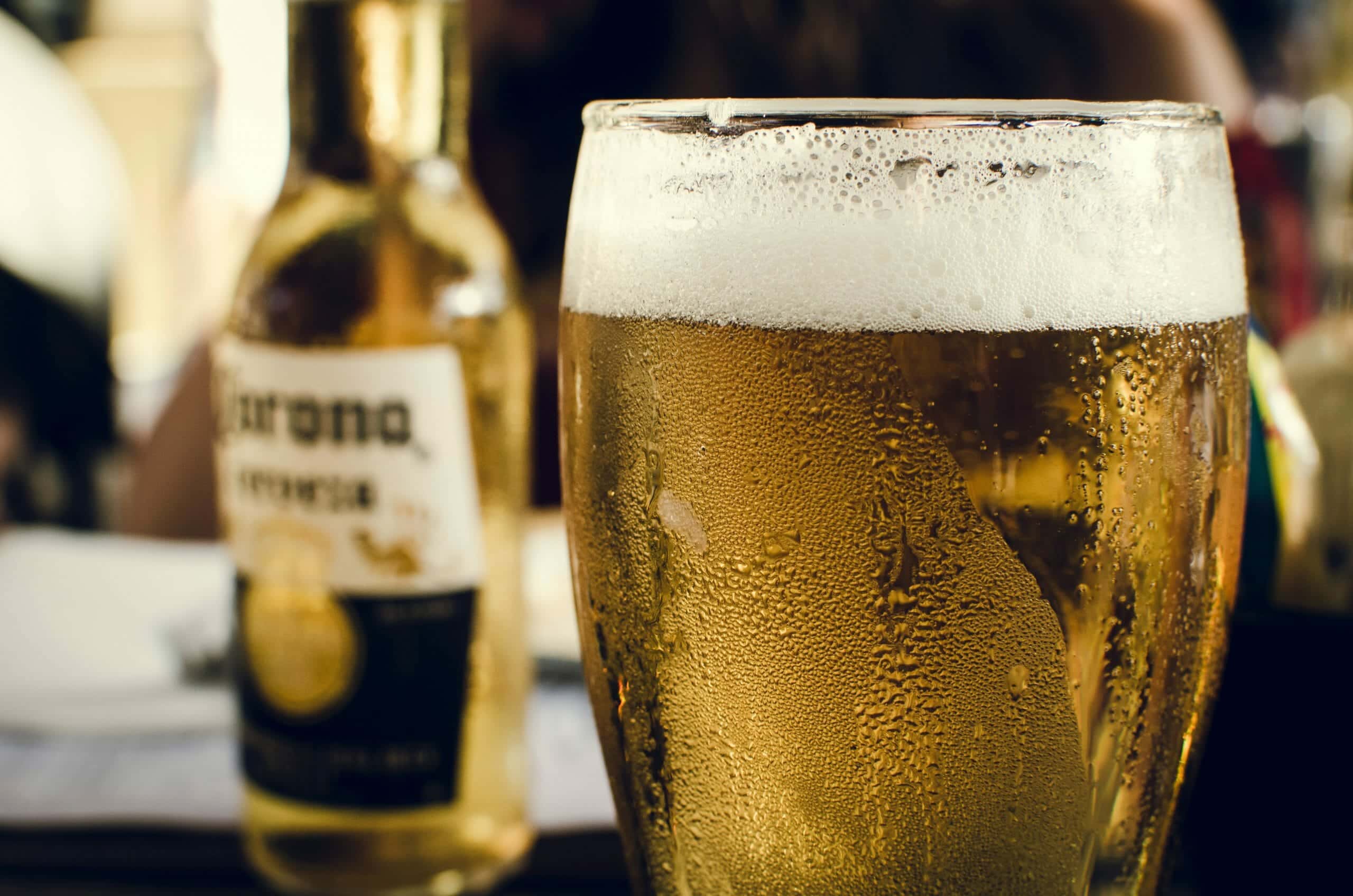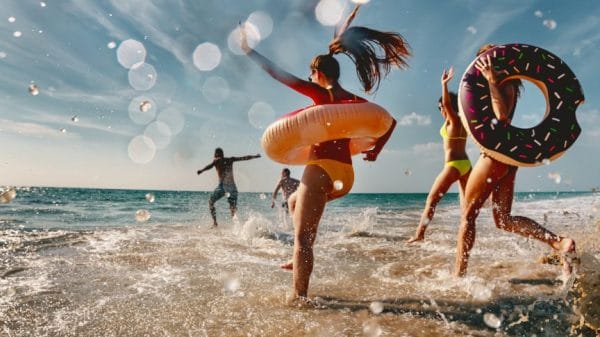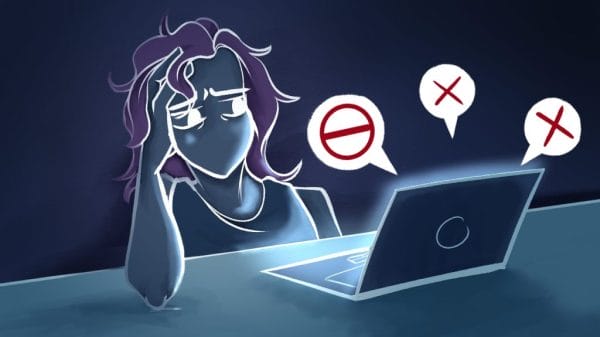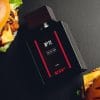Alcohol may be able to help you become bilingual. And no, I’m not talking about that late-night slurred gibberish that none of your friends can understand.
A study published in the Journal of Psychopharmacology detailed an experiment in which 50 people with German as their primary language. The students were all in the Netherlands taking a class to learn dutch. All of them indicated that they consumed alcohol fairly regularly and all had recently passed a Dutch efficiency test.
All 50 of the students were then assigned to speak as fluently possible with a native Dutch speaker. The catch? Half of the students drank approximately a pint beforehand. None of the native Dutch speakers knew which of the students had consumed alcohol.
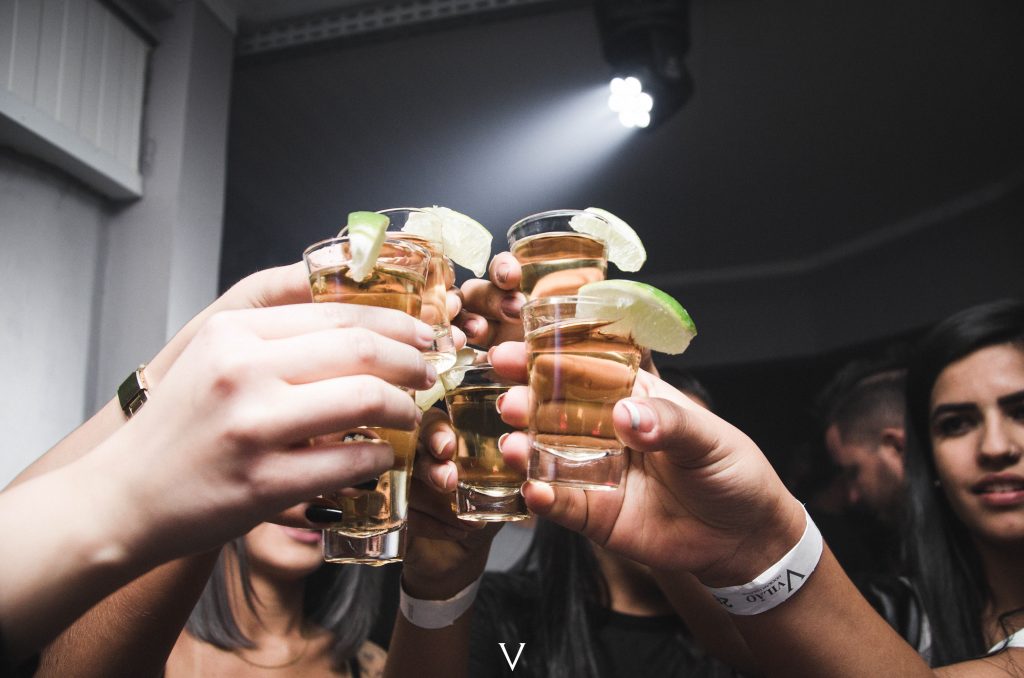
In the end, the tipsy students actually faired better than the students who had not drunk booze. I guess this makes a lot of sense. Alcohol in moderations usually warms people up and relaxes them a bit. It makes sense why those that drank a little beforehand were more fluent with their Dutch.
Of course, the study also suggests that too heavy amounts of alcohol consumption would likely have the reverse effect on a person’s ability to speak a foreign language. Which also makes a lot of sense. Gimme a beer or two and I’m feeling like I can talk it up with anyone and be the life of the party. Too much alcohol and I can barely say a simple sentence.
Curious to see how else alcohol can affect your life and brain? Read up on how and why alcohol can lead to cocaine use.


